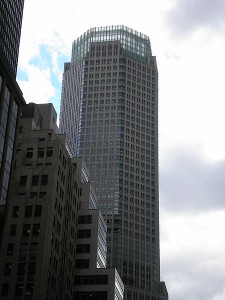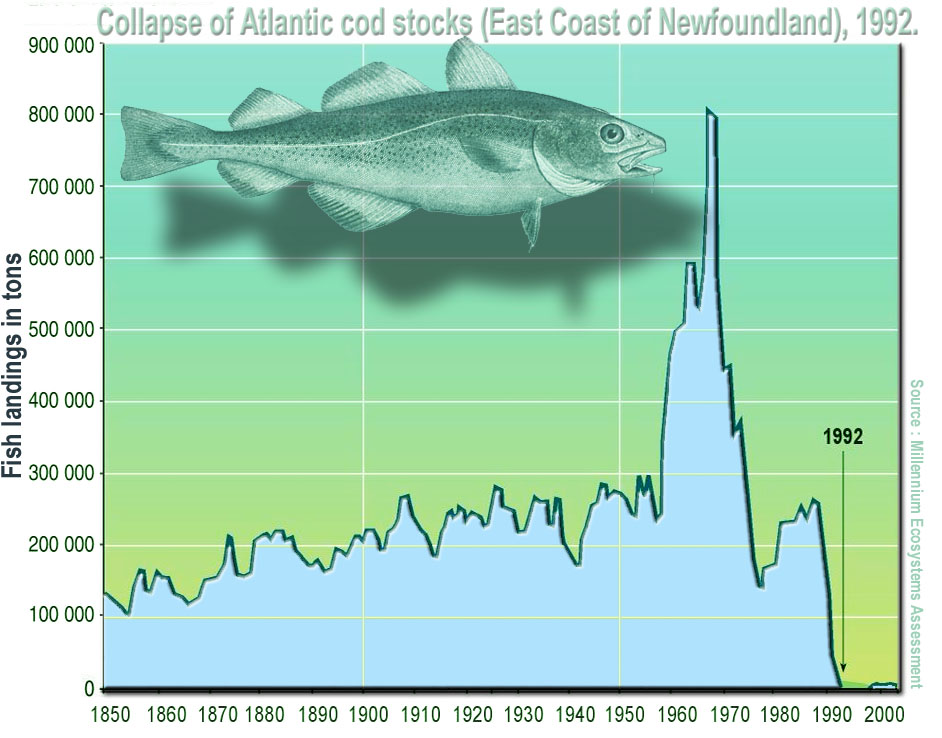The word economics has its root in the Greek word oikonomos – one who manages a household. So economics is the study of how we manage our resources – individually, communally, locally and globally.
Our dominant paradigm is that of a market economy. This is one of the staggering intellectual achievement of the last few thousand years. I believe that a market acts as a distributed system for deciding how labour is allocated. Unlike a centrally governed economy, in a market-driven economy the decisions about what to grow, what to mine, what to build and what to sell are decided by overall market sentiment – fundamentally, what people are willing to buy.
This has some major strengths. No one individual or computer needs to calculate all the needs and requirements for the population of an entire country or an entire world.
It has its flaws too, which I intend to explore further in future articles. Most critically, I feel that the market economy under prices the long term costs of resource extraction. Consider an example.
I decide that I want to eat shrimp, so I go to a seafood restaurant and order some. So do lots of other people. As a result of the increased demand for shrimp, more restaurants are built. The price of shrimp goes up. Sensing an opportunity, a shipyard builds more trawlers, and more shrimp are caught, meeting the market demand.
So far so good. But as a result of the extra trawling, the sea-beds are stripped bare, ecosystems are destroyed, other fish are caught up and killed by the nets. The market system has worked perfectly, but we have failed to take into account the long term costs of our actions. My grandchildren may never get to eat shrimp, if all of them are harvested now.
So what do we do? What does a stable, sustainable, global economic system look like? I have a feeling that it would have many of the characteristics of the existing market system, with a few key changes made. Perhaps we come up with a way to accurately price in the costs of our actions. Perhaps we change our concept of ‘value’ to take on a broader meaning.
Perhaps we start by asking – what are we trying to achieve in the first place?

